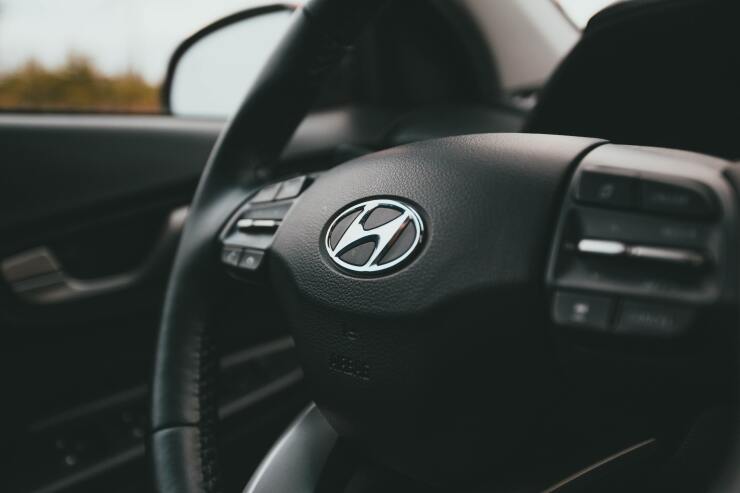The Hyundai Auto Receivables Trust, 2022-A, is preparing to issue $1.4 billion in auto asset-backed securities (ABS), in a deal secured by a pool of loans on new and used vehicles and that largely follows the structure of recent transactions, particularly the 2021-C.
BofA Securities is lead underwriter on the transaction, also known as HART 2022-A, which will issue the notes through a senior-subordinate structure. The collateral’s FICO score is 764 on a weighted average (WA) basis, according to a pre-sale report from FitchRatings. Looking at the collateral pool on a whole, 56% of receivables are tied to loans where the borrower has a FICO score above 750.
The notes have initial hard credit enhancement of 7.55%, 5.75% and 2.75% on class A, B and C notes, respectively.
Also on a WA basis, the pool has a consistent WA loan-to-value (LTV) ratio of 100.5%. The note payments also benefit from consistent exposure of 59.2% to extended-term loans, or loans with terms of 60 months or more. The HART 2021-C transaction had an exposure of 59.2% to extended-term loans.
Hyundai Capital America will service the loans on the cars, which were manufactured by Hyundai Motor Co., and Kia Corp., according to a pre-sale report from FitchRatings. Hyundai Capital America also serves as the sponsor and loan seller on the deal, according to Fitch.
All of the assets in the collateral pool were originated to fixed-rate benchmarks. The notes do have a slight amount of exposure to Secured Overnight Financing Rate (SOFR), particularly the $519 million class A-2B notes.
In an era where car manufacturers are rapidly shifting to electric or hybrid engines on newer models, such vehicles account for 8.8% of the collateral pool, according to Fitch. This concentration did not impact Fitch’s ratings analysis, and had no impact on its ESG Relevance Score, the rating agency said.
Fitch says it plans to assign an ‘F1+’ rating to the $284.4 million, A-1 notes; ‘AAA’ to classes A-2A/B, A-3 and A-4 notes; ‘AA+’ to the $27.1 million class B notes; and ‘A+’ to the $45.1 million to the class C notes.
Geographically, the collateral is well distributed. California accounts for the largest portion of the pool, at 11.6%. Texas follows, with 11.09%. Florida, Illinois and Georgia followed, with 9.4%, 5.2% and 3.9%, respectively.






